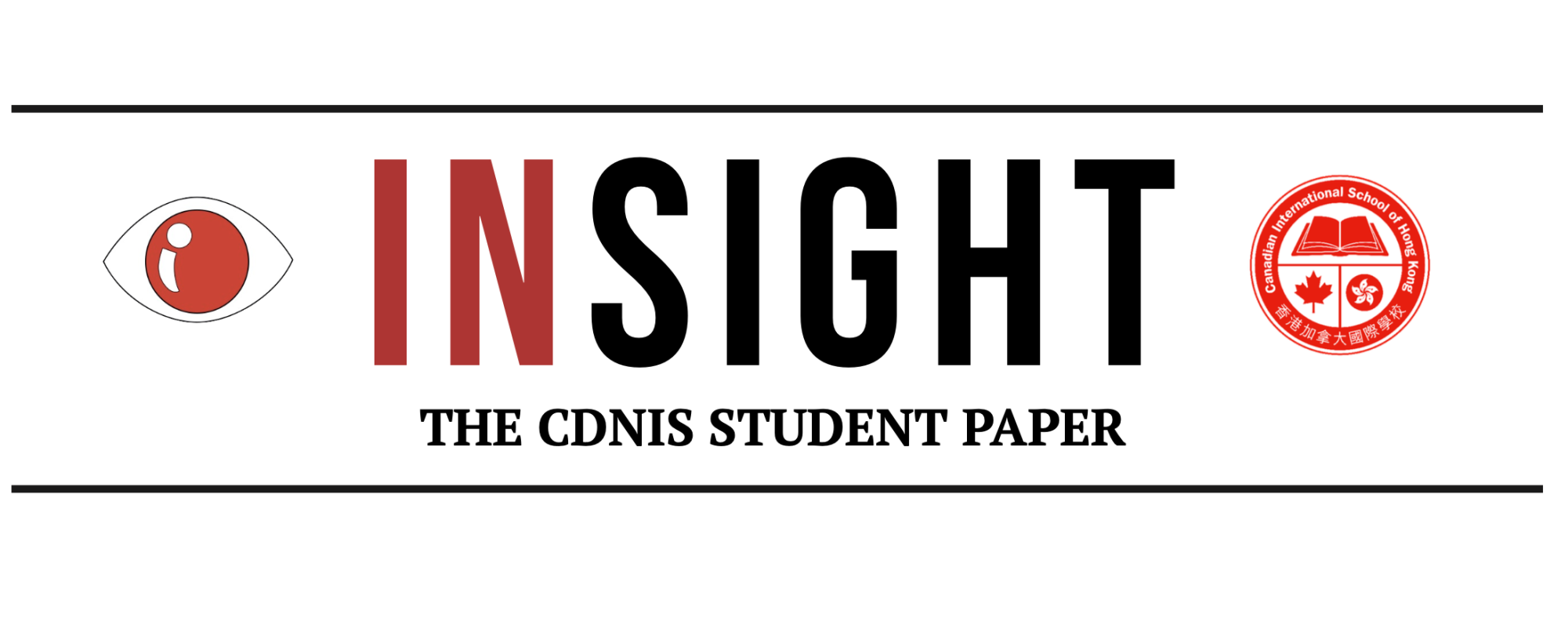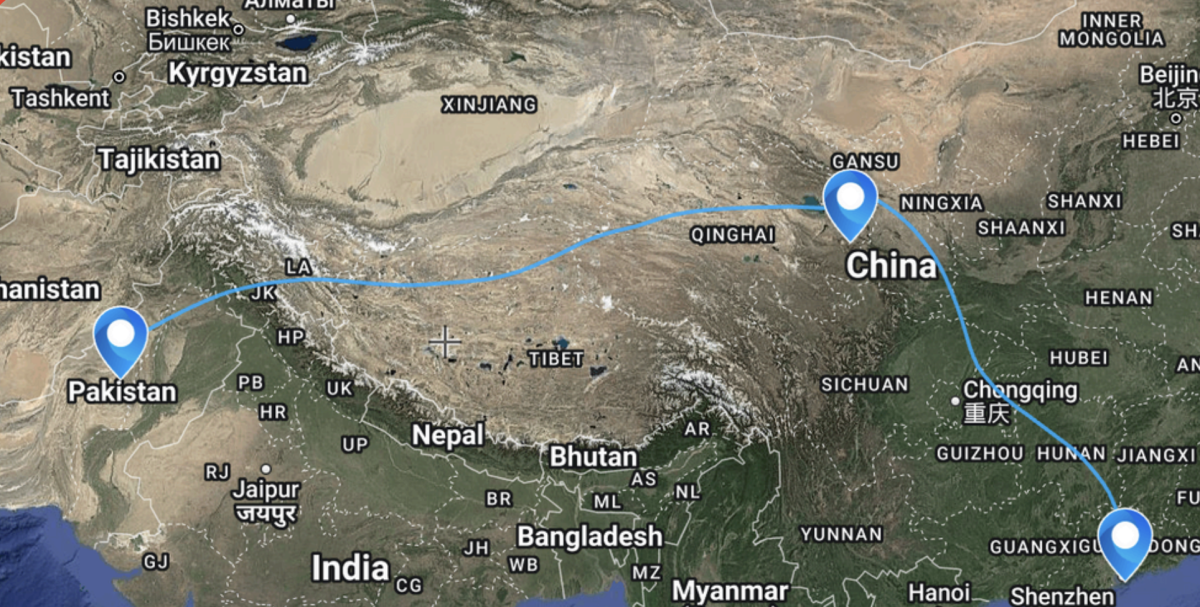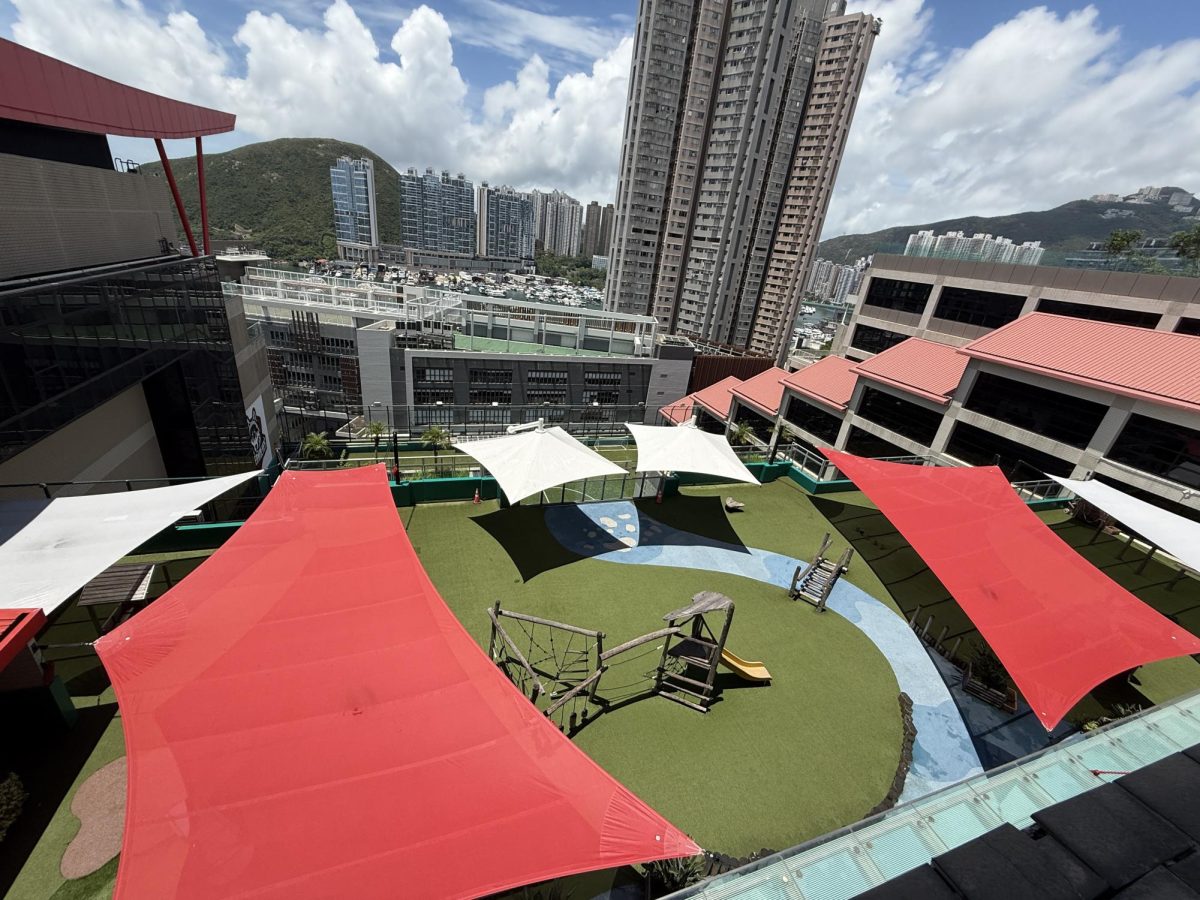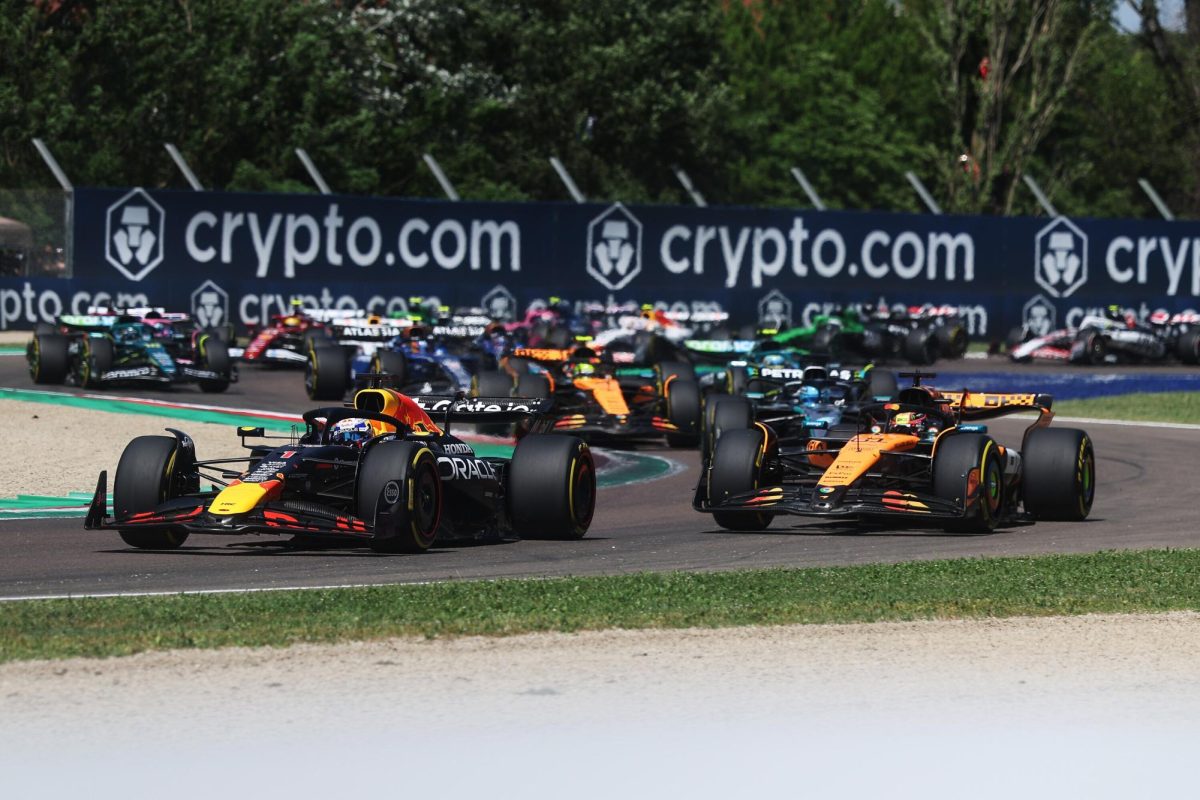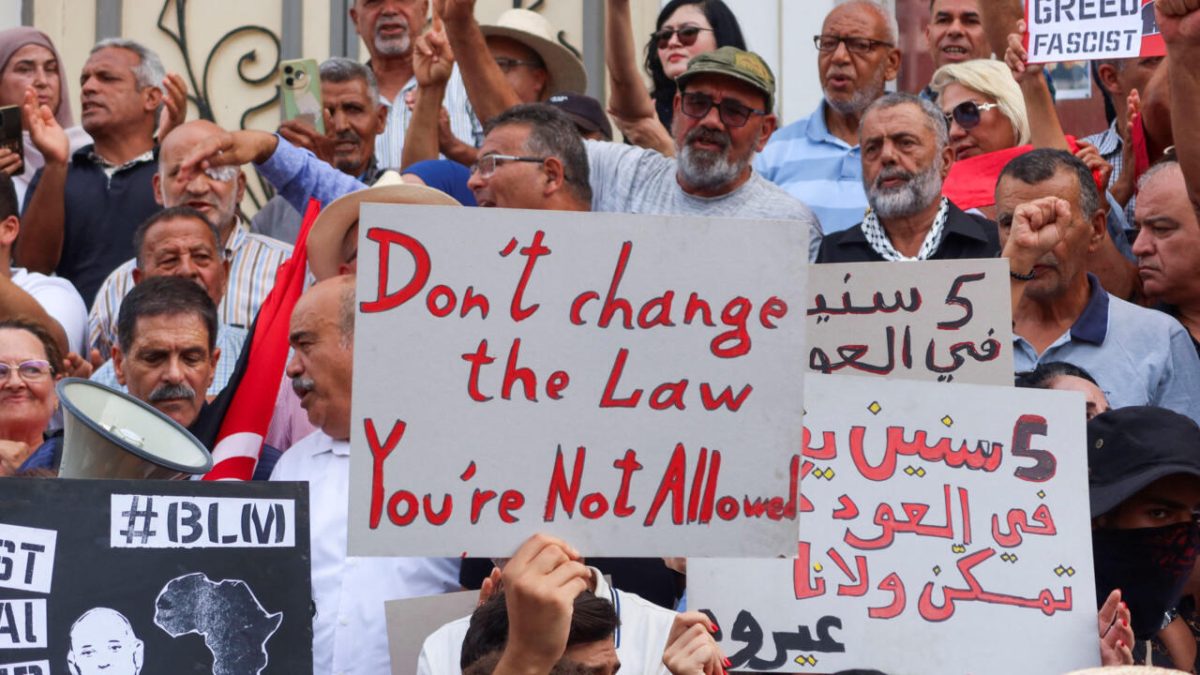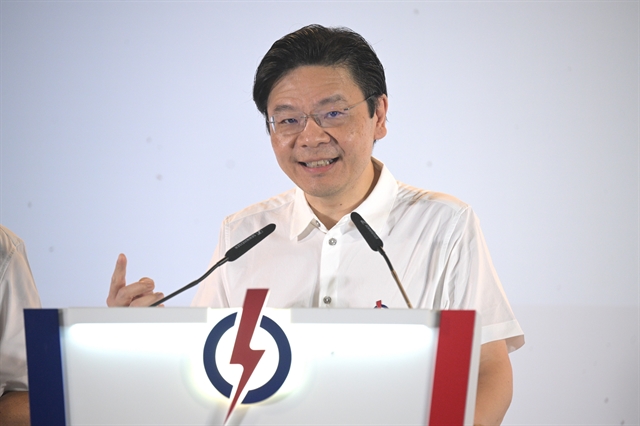In a whirlwind of democratic fervor, Tunisia’s 2024 elections have unfolded against a backdrop of intrigue and challenges. From the removal of electoral powers by the court to the seismic shifts in its internal political landscapes, the Tunisian electoral saga has been nothing short of a quest for democracy.
The Tunisian elections were the first presidential elections since the de facto self-coup in 2022 and were boycotted by most parties, resulting in a 28.8% voter turnout. In 2022, President Kais Saied invoked Article 80 of the 2014 Tunisian constitution, where he suspended the parliament, dismissed the prime minister and assumed broad executive powers, thus raising questions on the constitutionality of his actions. The October elections resulted in Saied winning a second term with over 90% of the votes; many have accused him of securing power into his own hands by imprisoning dissidents and members of the opposition parties, especially the Ennahda party, where he arrested 17 members including leader Rached Ghannouchi.
Before the elections, the court’s unprecedented decision to remove the electoral powers just weeks before the elections scheduled to take place on the first weekend of October sent shockwaves through Tunisia’s political landscape. Many said this move undermined the democratic process and brought light to the issue of the separation of powers and the independence of institutions. Furthermore, the lack of clarity surrounding the court’s rationale for the decision and the event’s timing had fueled suspicion of political manipulation, which has caused doubt in the legitimacy of the state electoral process and the integrity of the elections. “The court’s intervention calls into question the very foundations of our electoral system and risks eroding public trust in the integrity of our institutions,” political analyst Nadia Caabane says. Many call for a reevaluation of democratic norms to prevent public dissent and uphold integrity.
While Saied said, “We’re going to cleanse the country of all the corrupt and schemers,” in a speech at the campaign headquarters to reassure Tunisians, some still believe Tunisia is on track to becoming a populist dictatorship.
More criticism surrounding the elections includes how the election dates were announced 3 months prior through the presidency’s Facebook page, making it challenging for the opposition to file documents in time. Importantly, as Saied also holds ultimate power, he easily rejected and disqualified many opposing candidates. Currently, the state of the Tunisian constitution stems from the failure of the democratically appointed governments after the 2011 Jasmine revolution to successfully deliver reforms. The prevalent political polarization has resulted in a fragmented parliament claiming to crack down on corruption whilst simultaneously imprisoning oppositions and granting immunity from institutional accountability to Saied.
